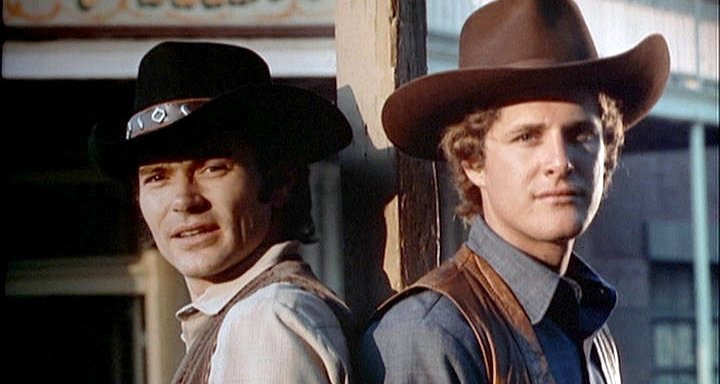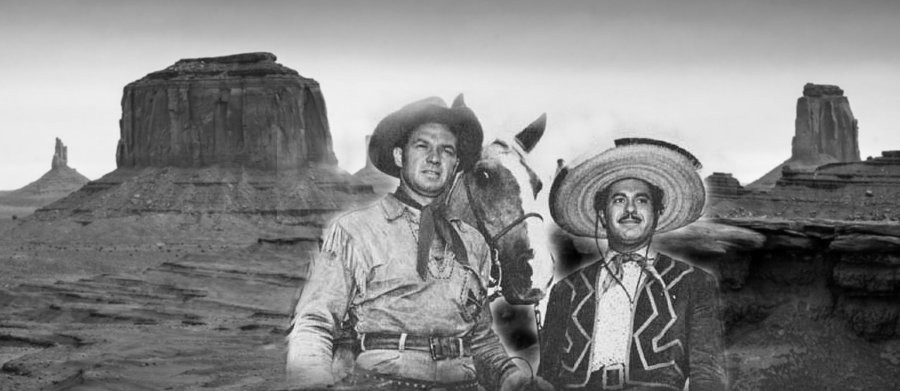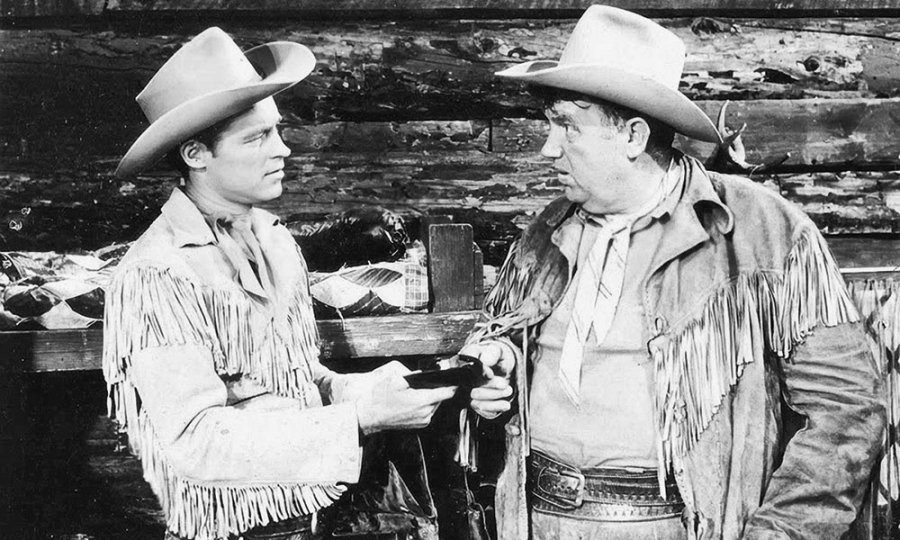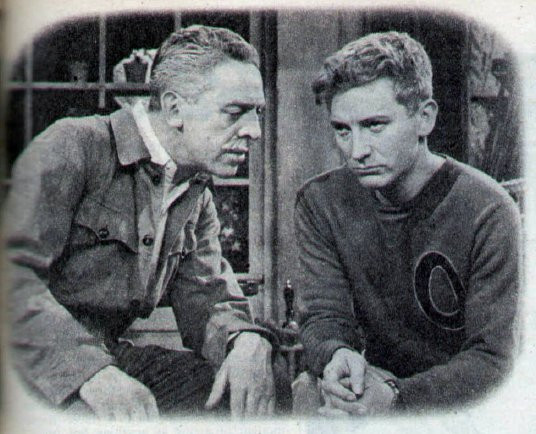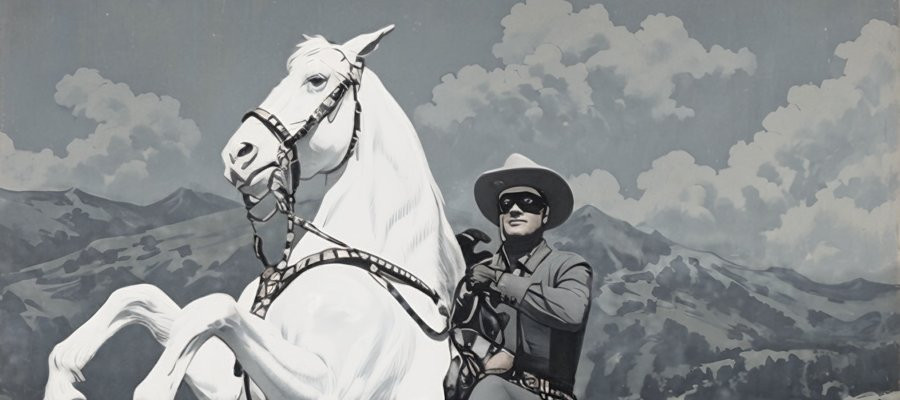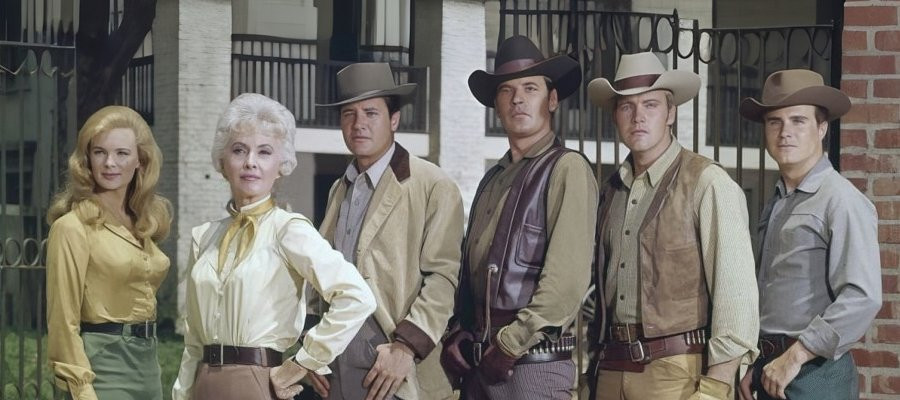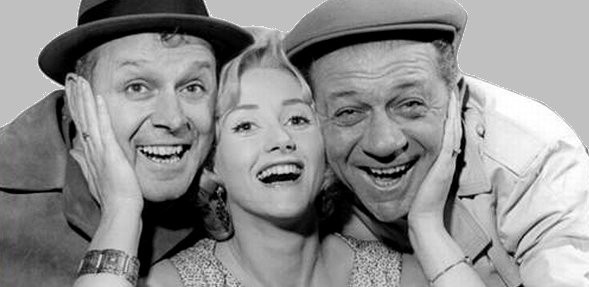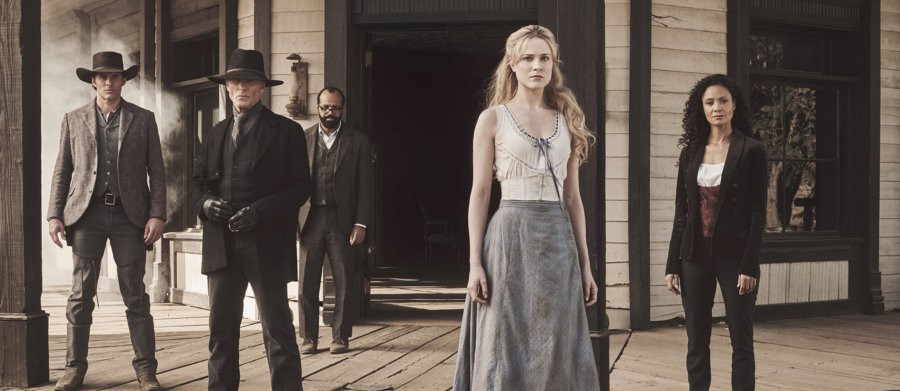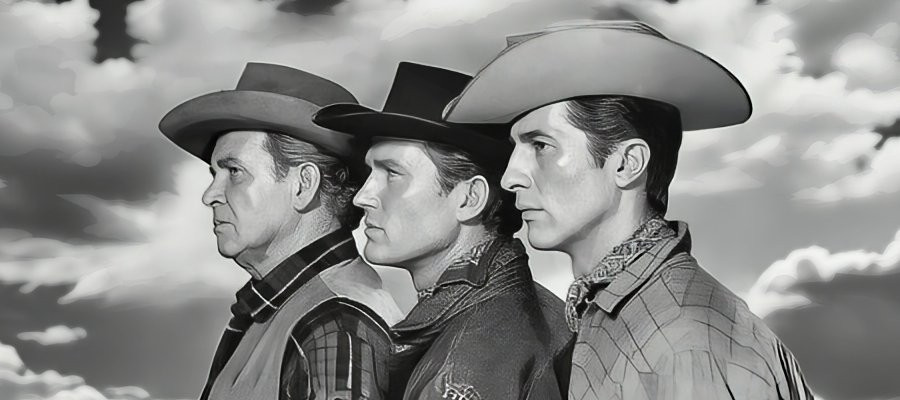
The Outlaws
1960 - United StatesPremiering in 1960, The Outlaws sought to carve out a distinctive niche within the already crowded genre of American Western television. Initially notable for its narrative twist—presenting the drama of the Wild West through the eyes of the outlaws themselves—the series gradually pivoted to the more traditional vantage point of the U.S. Marshals pursuing justice. This structural shift, which took place during its relatively brief two-year run, was reflective of both the creative ambitions and the commercial realities of network television at the time.
The first series was set in the rugged Oklahoma Territory during the 1880s and introduced viewers to Marshal Frank Caine, portrayed with suitable gravitas by Barton MacLane, alongside his two deputies, the stalwart Will Foreman (Don Collier) and the more spirited Heck Martin (Jock Gaynor). This original trio offered a familiar yet well-executed ensemble dynamic, grounding the show in law and order while keeping the rogue's gallery of outlaws front and centre.
However, when the series returned in 1961, there was a noticeable shift, not only in tone but in personnel and location. Caine and Martin were both written out, and Foreman, now promoted, was relocated to the fictional town of Stillwater. Joining him were a trio of new characters: Deputy Chalk Beeson (Bruce Yarnell), a capable and upright partner; Slim (Slim Pickens), a drifter and handyman with charm and comic flair; and Connie Masters (Judy Lewis), the local restaurant owner offering a touch of domestic civility amidst the dust and danger.
Don Collier, a striking presence at six feet tall and with a background in touring shows and repertory theatre, lent credibility and steadiness to the role of Will Foreman throughout both series. His progression from deputy to lead authority figure gave the show a welcome sense of continuity amid the cast changes. Bruce Yarnell, already acclaimed on Broadway with a Theatre World Award under his belt, brought a polished and charismatic presence to the role of Beeson, suggesting a depth that perhaps the scripts did not always fully explore.
Slim Pickens, by then a seasoned performer with roots in rodeo and a vast résumé of Western film and television credits, injected much-needed levity and authenticity into the proceedings. Judy Lewis, daughter of screen legend Loretta Young, added a subtle touch of glamour and emotion, though her character often seemed underutilised.
The show's visual style and storytelling were very much in keeping with the standards of early 1960s Western television, efficiently shot, moralistic, and often episodic in nature. Yet its attempt to begin with a more outlaw-centric perspective gave it a degree of narrative ambition. The transition to a more law-and-order-driven format, while perhaps commercially motivated, sacrificed some of the originality that had initially set the series apart.
Seen this show? How do you rate it?
Seen this show? How do you rate it?
Published on January 17th, 2019. Written by Rex Brady for Television Heaven.


